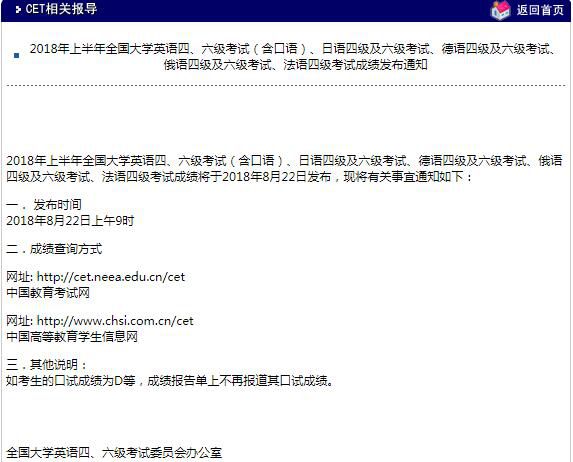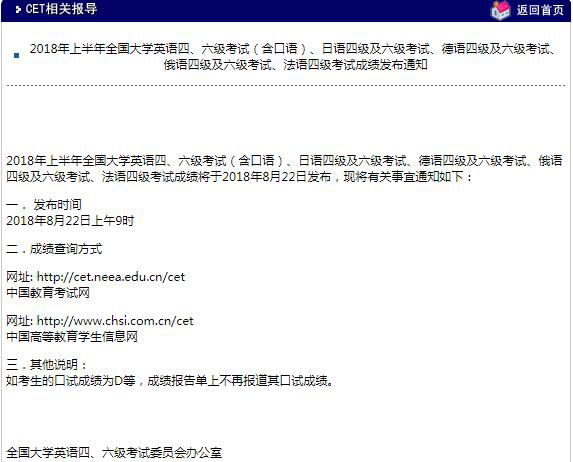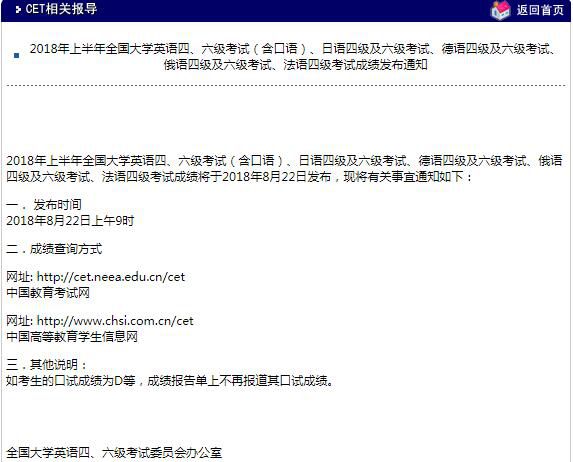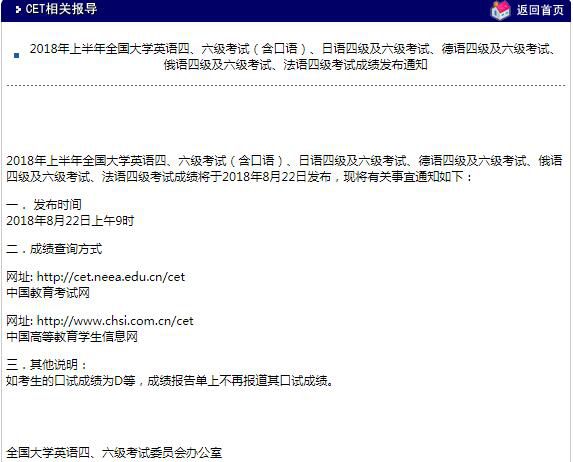Drive to discard polluting vehicles
|
Chuck your clunker for a chunk of cash. It's an idea the city of Shanghai is considering in the run-up to the 2010 World Expo. With a little more than a year before tens of millions of visitors descend on the city, Shanghai is considering a plan to offer consumers a cash incentive to scrap their old cars and buy new ones with higher emission standards, reliable sources have said. It's a move that follows in the footsteps of Beijing, which last year banned the sale of new cars that failed to meet higher emission standards in the run-up to the Olympics. The city also handed out cash to car owners to buy vehicles with lower emissions. Beijing plans to invest about 1 billion yuan to scrap heavily polluting vehicles this year, and car owners could get a cash handout between 500 and 25,000 yuan. It's still unknown how much the Shanghai government plans to spend on its policy. "It's a good idea to replace the existing high-polluting cars on the road," said Ni Jimin, professor from the Automobile Department of Tongji University. "Banning the sale of high emission cars is not a be-all-and-end-all solution if we do not address pollution from existing cars." As well, it's a good opportunity to educate the public on the importance of improving air quality by switching to greener ways of transportation, he said. But Ni remained cautious on market reaction to the policy, since it was still unclear whether consumers would be willing to accept it. "People will have to spend more money if they switch to higher emission standards, because they have to use better fuels, in addition to buying a new car," said a local bus driver surnamed Wang. "But I think people will still support it because we all know the government is paying lots of attention to environmental protection, and after all, it is for the benefit of all." Shanghai has fewer vehicles than Beijing, thanks in part to charging tens of thousands of yuan for auctioning a license plate. Local media report that Shanghai had 720,000 private cars at the end of 2008, compared to 2.48 million private cars in Beijing. |








